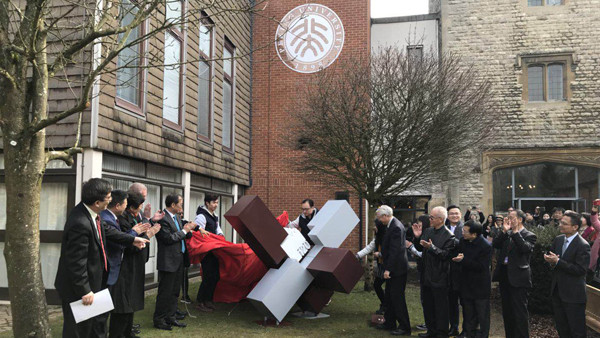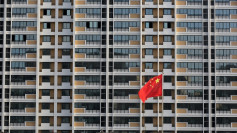Peking University, one of the oldest and prestigious institutions in China, launched the inauguration of its first overseas campus in Oxford, UK on 25th March, which was also part of celebrations for its 120th anniversary this year.
The campus will offer an international master program, and all students are supposed to study in UK and China for one year respectively.
As an indispensable component of China's Belt and Road Initiative, higher education has accelerated its development at home and abroad.
The number of universities and colleges has doubled in the last 10 years, reaching 2,879 in China. Meanwhile, China has been spending over 4% of GDP on education since 2012.
According to QS World University Rankings 2018, 6 universities from mainland China are ranked in the top 100 in the world, the number is one of the highest in Asia.
Traditionally, China has been seen as an important source market for international higher education sector. According to Yu Minhong, founder and CEO of the New Oriental Education and Technology Group, it is estimated that the number of Chinese students studying abroad will peak at from 700,000 to 800, 000 each year.
However, China has become an emerging regional education hub in Asia. Currently, there are more than 440,000 international students studying in China, and the Chinese government aims to host at least 500,000 international students for higher education.
Besides, more Chinese universities are "going out" alongside the implementation of Belt and Road strategy. Apart from the newly-opened campus of Peking University in UK, there are another 3 branch campuses of Chinese universities in foreign countries, and 2 of them are located in Southeast Asia, namely Xiamen University Malaysia Campus, Soochow University in Laos, which implies the important role of the region for China.
Zhao Baohui, a professor of international affairs at Lingnan University in Hong Kong, said "Belt and Road Initiative is not just an economic initiative. Exporting education is a way to promote China's soft power".






